Optimal Seasons for Waterproofing Projects
Waterproofing is a critical component in protecting structures from water intrusion, which can cause damage, mold growth, and structural deterioration. The timing of waterproofing projects can significantly influence their effectiveness and longevity. Proper scheduling ensures optimal application conditions, adherence to manufacturer guidelines, and maximum durability of the waterproofing materials.
Spring offers moderate temperatures and rising humidity levels, making it suitable for waterproofing projects before heavy rainfall begins.
Warm weather and longer daylight hours facilitate effective application and curing of waterproofing membranes, especially in dry conditions.
Early fall provides cooler temperatures and less humidity, ideal for applications before winter weather sets in.
Winter is generally not recommended due to low temperatures and potential for freezing, which can compromise waterproofing materials.

Spring's moderate weather supports effective waterproofing application and curing.

Summer's warm and dry conditions enable optimal membrane installation.

Applying waterproofing in fall helps protect structures before winter.

Ways to make Waterproofings work in tight or awkward layouts.
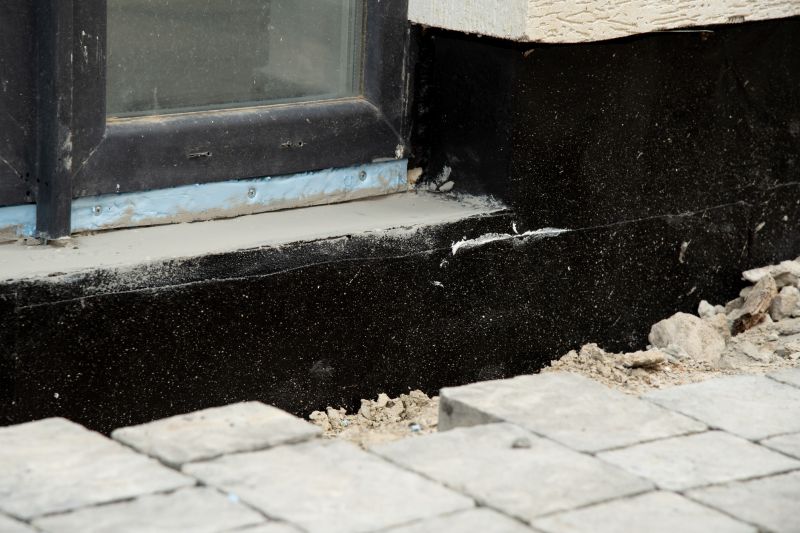
Popular materials for Waterproofings and why they hold up over time.
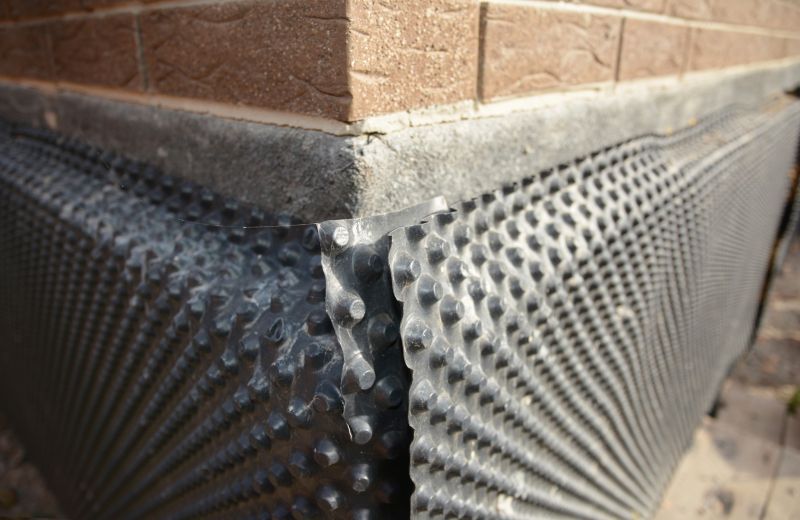
Simple add-ons that improve Waterproofings without blowing the budget.
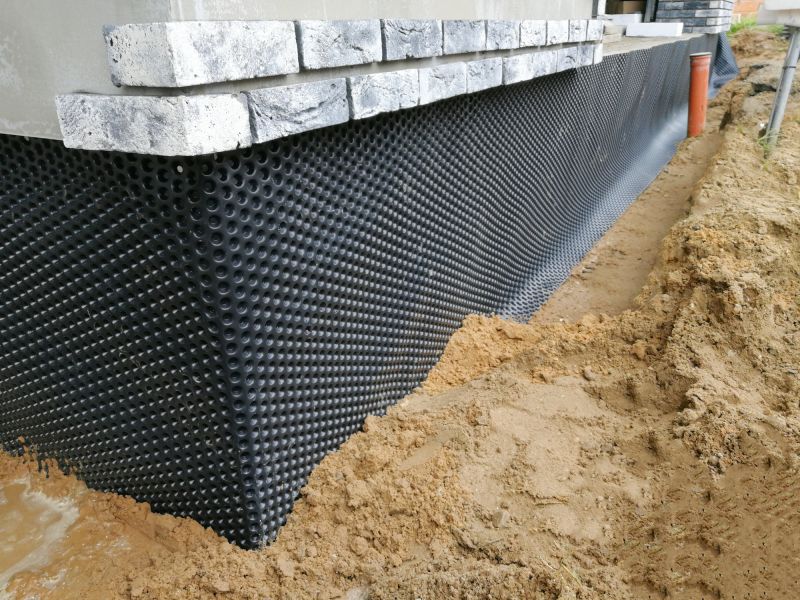
High-end options that actually feel worth it for Waterproofings.
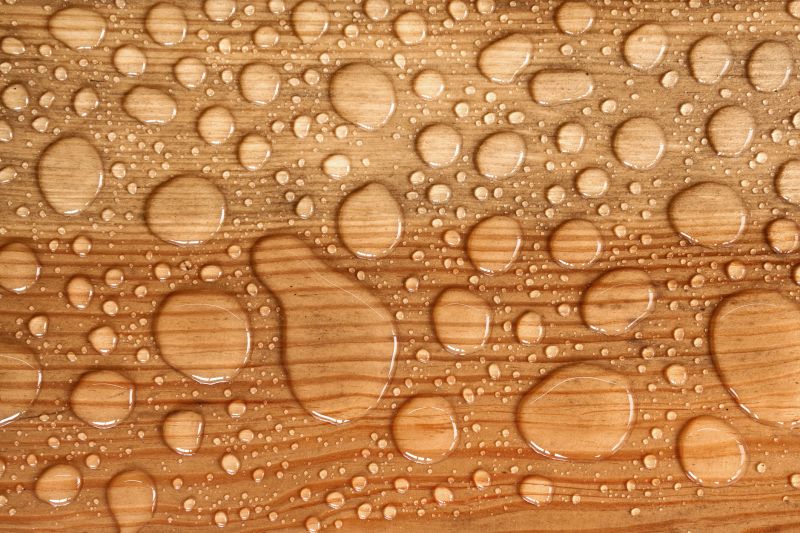
Finishes and colors that play nicely with Waterproofings.
| Season | Suitable Conditions |
|---|---|
| Spring | Moderate temperatures, low humidity, no heavy rain |
| Summer | Warm, dry weather, consistent temperatures |
| Fall | Cooler temperatures, dry conditions, before winter |
| Winter | Cold temperatures, freezing risk, generally unsuitable |
Waterproofings are essential for maintaining the integrity of foundations, roofs, basements, and other structural elements. They help prevent water ingress that can lead to costly repairs and health hazards. Modern waterproofing solutions include liquid membranes, sheet membranes, and sealants, each suited to different applications and environmental conditions. Proper timing and application techniques are vital to ensure these systems perform effectively over time.
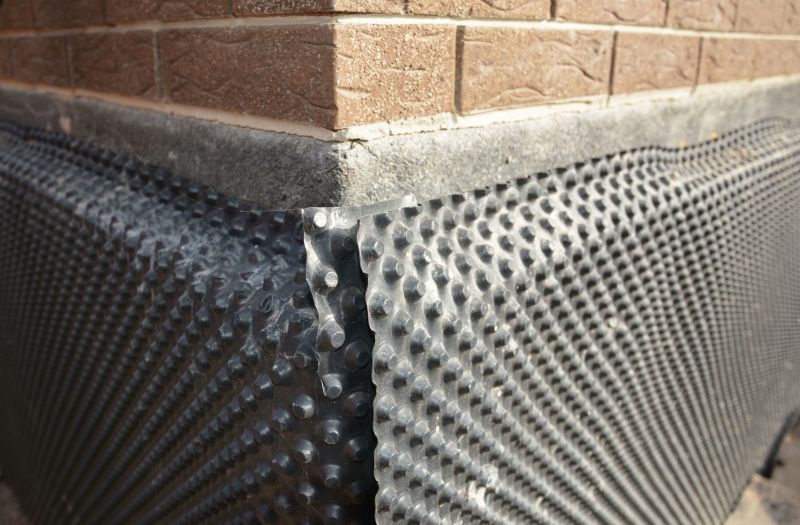
Application of waterproofing membranes on building surfaces.
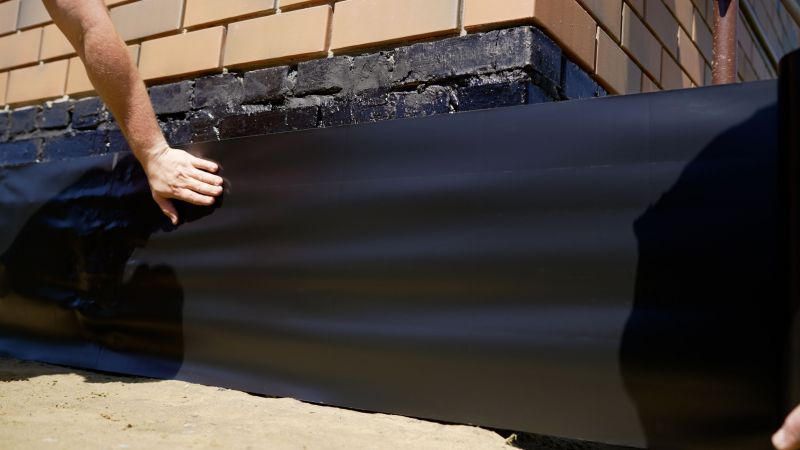
Multiple layers for enhanced water resistance.
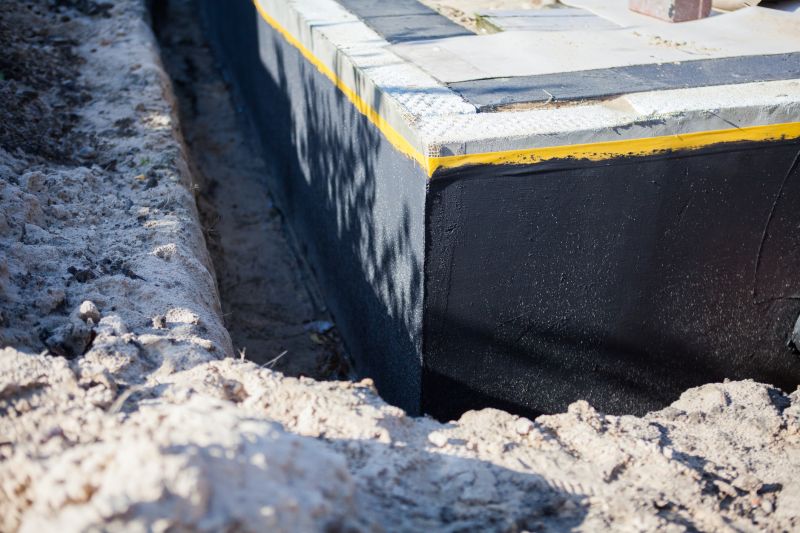
Completed waterproofing protecting a structure.
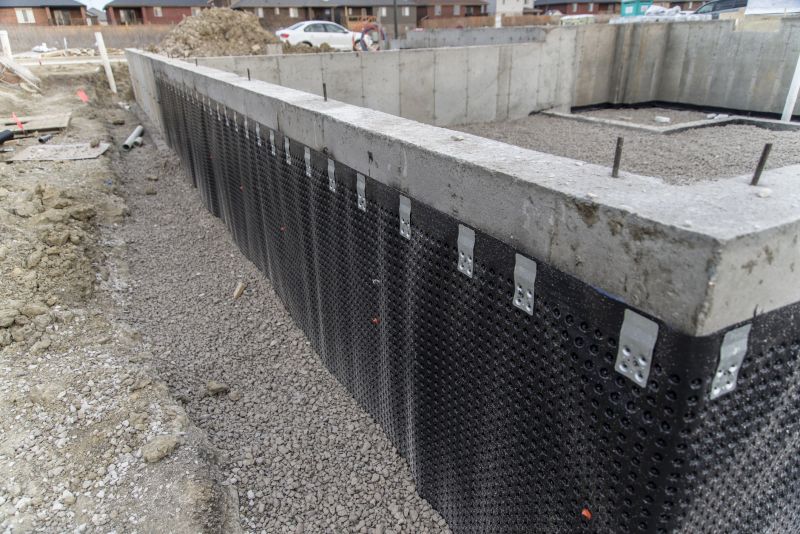
Various materials used for effective waterproofing.
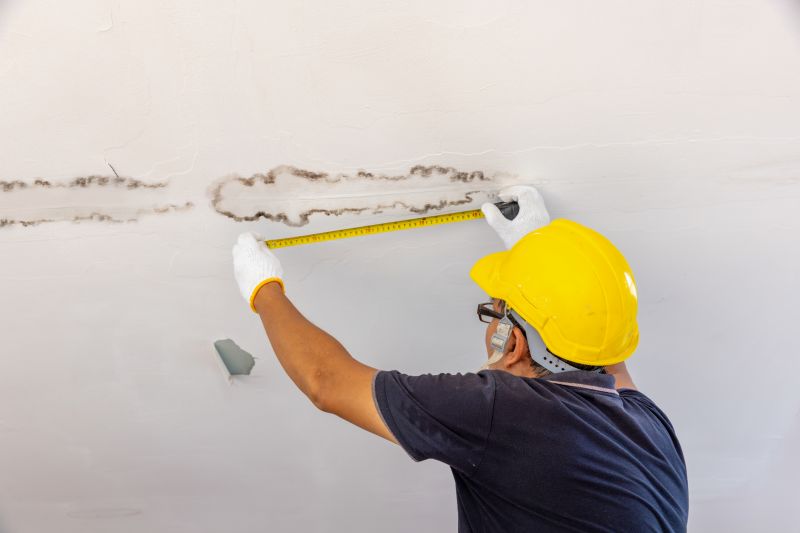
Little measurements that prevent headaches on Waterproofings day.
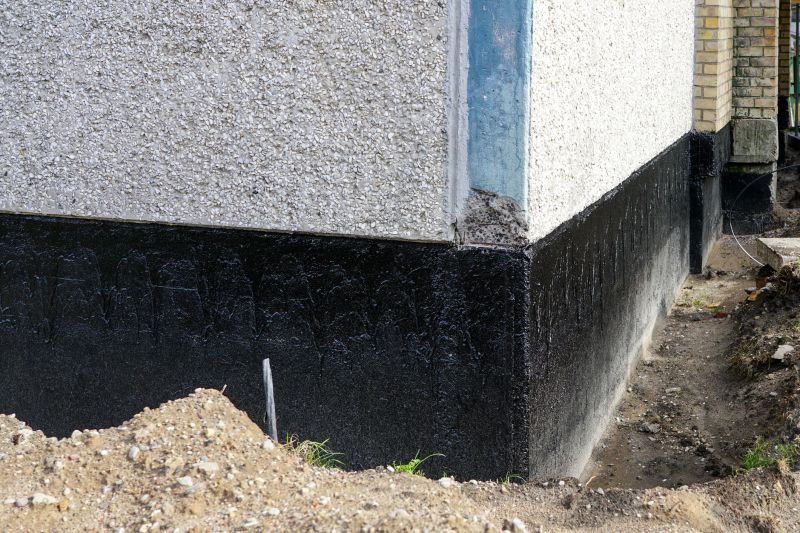
A 60-second routine that keeps Waterproofings looking new.
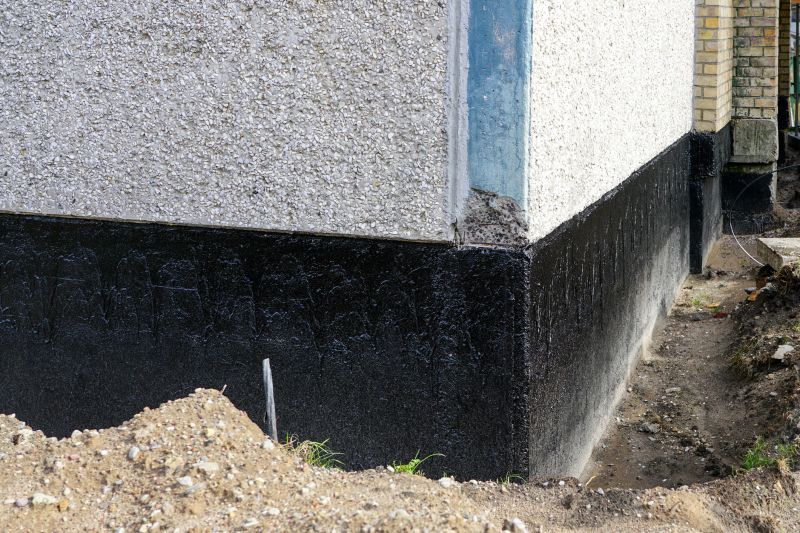
A frequent mistake in Waterproofings and how to dodge it.
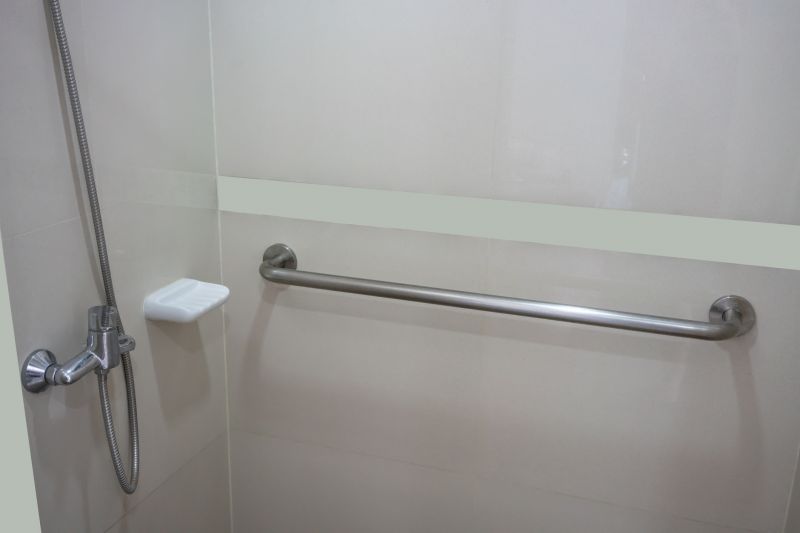
Small tweaks to make Waterproofings safer and easier to use.
Choosing the right time for waterproofing depends on local climate conditions and project specifics. Consulting with waterproofing professionals ensures application occurs during optimal weather windows, maximizing the lifespan and effectiveness of the waterproofing system. Proper planning and execution are key to long-term protection against water damage.
For those interested in waterproofing services, filling out the contact form can provide additional information and scheduling options. Proper timing and application methods are crucial for ensuring the durability and performance of waterproofing systems, safeguarding structures from water-related issues.

